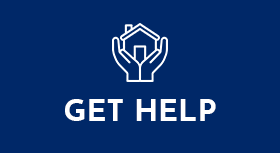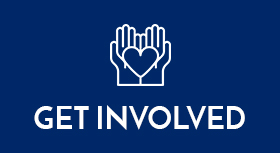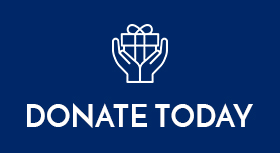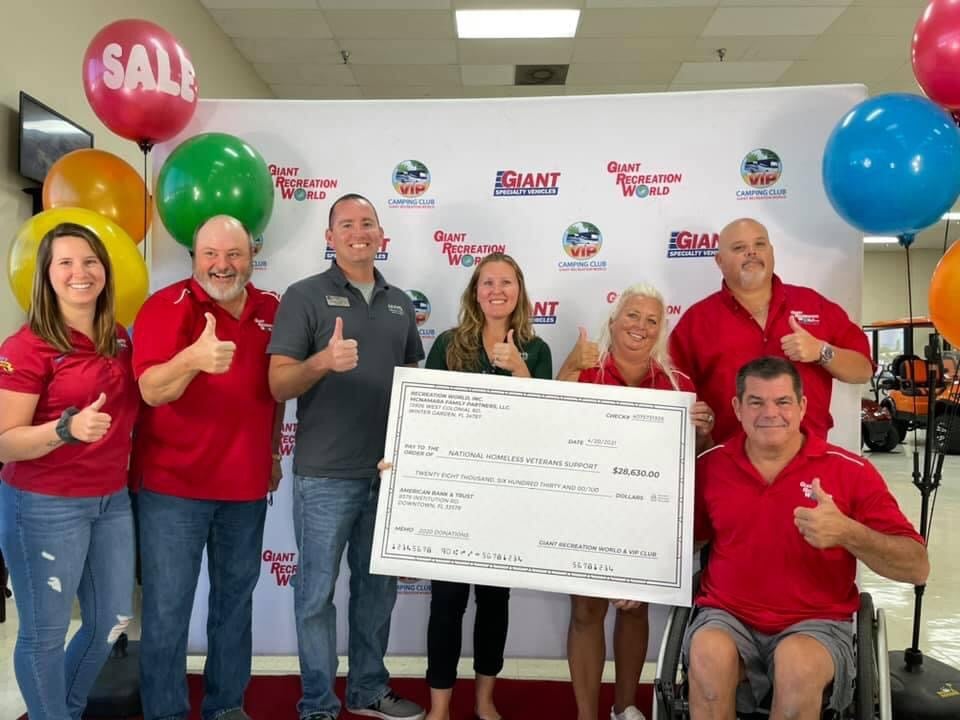
Mental illness among veterans is a profound and often overlooked consequence of military service, with far-reaching effects on their overall well-being and daily lives. Veterans experience a unique set of challenges, stressors, and traumas from deployment and combat that may lead to hardship in reintegrating into civilian life after leaving the military. According to research by RAND, individuals who have been deployed are more likely to experience mental health issues than civilians. Specifically, 1 in 5 veterans from the Iraq and Afghanistan wars suffer from PTSD or major depression.
Some other alarming statistics include 47% experiencing angry outbursts and 44% experiencing difficulty adjusting to civilian life. Veterans are evidently struggling post-military, and mental health conditions seem to be a large contributing factor in harming their day-to-day lives. Such mental health illnesses affecting Veterans include depression, anxiety, traumatic brain injury (TBI), and post-traumatic stress disorder (PTSD). While these mental health conditions can significantly disturb Veteran’s way of life, there are resources for help and support.
The Consequences of Mental Illness for Veterans
For veterans suffering from mental illness, the consequences can be dire. One of the most significant effects of mental illness on veterans is its impact on their ability to function in everyday life. PTSD, for instance, can lead to severe anxiety, flashbacks, and nightmares, making it difficult for veterans to maintain relationships, hold down jobs, or even leave their homes.
Depression can sap motivation and energy, impairing ability to engage in activities they once enjoyed or perform basic tasks. Substance abuse disorders often develop as a coping mechanism, further complicating their mental and physical health. Mental illness may cause veterans to feel isolated and lonely or may affect their ability to hold a steady job. Without a support system and stable employment, these individuals are then at a higher risk of homelessness and economic insecurity.
During the period from 2001 to 2020, the frequency of mental health issues and substance use disorders among Veterans Health Administration (VHA) participants increased significantly, from 27.9% to 41.9%. Veterans face a heightened risk of suicide, being 1.5 times more likely than civilians.
If you or someone you know is suffering from a mental health crisis, you are not alone, and there is help to support you. Call the Veterans Health Crisis, dial 988, then press 1 for confidential support.
Common Mental Illnesses Among Veterans
Post-Traumatic Stress Disorder (PTSD): PTSD is often caused by traumatic experiences during military service. Veterans may relive these traumatic events through flashbacks or nightmares, leading to severe anxiety and hypervigilance.
Depression: Many veterans experience depression due to the challenges of reintegration into civilian life. The loss of camaraderie, sense of purpose, and the structured environment of the military can contribute to feelings of sadness and hopelessness.
Anxiety: Anxiety disorders are common among veterans who are dealing with post-service stress. The uncertainty of civilian life, financial worries, and physical health issues can all contribute to increased anxiety levels.
Traumatic Brain Injury (TBI): TBIs are often the result of combat-related incidents, such as explosions, which can lead to cognitive and emotional difficulties.
Military Sexual Trauma (MST): MST includes any sexual harassment or assault experienced during military service, severely impacting the mental health of those affected.
Substance Use Disorders (SUD): Many veterans turn to substances like alcohol or drugs as a coping mechanism to deal with their mental health issues. This can lead to addiction and further exacerbate their psychological problems.
Suicide Prevention: Suicide prevention is a critical area of focus, given the alarmingly high rate of suicides among veterans. Programs to identify at-risk individuals and provide timely intervention and support are essential to address this issue.
Understanding the Symptoms and Signs of Mental Illness in Veterans
Veterans often face unique challenges when transitioning back to civilian life, and mental illness can be a significant obstacle in this process. The shift from a structured military environment to a more autonomous civilian lifestyle can be daunting and stressful, amplifying existing mental health issues or triggering new ones. It’s crucial for families, friends, and communities to recognize the signs of mental health issues and understand how to support those in need effectively. Here are some common symptoms to be aware of:
Persistent Sadness: Appearing sad or depressed most of the time. This could manifest as a constant feeling of emptiness or hopelessness that doesn’t seem to lift.
Hopelessness: Feeling as if there is no reason to live. This could be expressed through statements like “What’s the point?” or “Things will never get better,” indicating a profound sense of despair.
Unexplained Guilt: Experiencing unexplained guilt, shame, or a sense of failure. This might involve feelings of worthlessness or excessive self-blame for situations beyond their control.
Anger and Rage: Exhibiting rage or uncontrollable anger. This could result in frequent outbursts or constant irritability, which can strain relationships and everyday interactions.
Risky Behaviors: Engaging in risky activities without considering the consequences. This might be reckless behaviors that endanger the individual’s safety or well-being.
Substance Use: Increasingly smoking, drinking, or using drugs, including prescription medications. Substance abuse can be a coping mechanism to numb emotional pain but often exacerbates the underlying issues.
Loss of Interest: Losing interest in previously enjoyable activities and hobbies. This lack of enthusiasm can extend to social engagements, hobbies, and even personal hygiene.
Neglect of Responsibilities: Neglecting personal welfare, work, or school. This could involve missing deadlines, showing up late, or neglecting personal care and household duties.
Social Withdrawal: Pulling away from family and friends. This detachment can lead to isolation, making it even harder for the individual to seek or accept help.
Understanding these symptoms is the first step in providing the necessary support. It’s essential to approach the topic sensitively and encourage open communication. If you or a loved one are experiencing these signs, it may be time to seek increased behavioral health support services. Therapy, counseling, and support groups can offer valuable resources for managing mental health issues. Additionally, many veterans’ organizations provide specialized support tailored to those who have served in the military. By recognizing the signs and seeking appropriate help, we can ensure that veterans receive the care and support they deserve as they navigate the complex journey back to civilian life.
Veteran Mental Health Illness Resources
Support is available for Veterans facing challenges. If you’re struggling and need assistance, check out the links and numbers below. Unsure where to begin? Reach out to NVHS(National Veterans Homeless Support) for guidance in connecting with the appropriate resources.
Florida Health Resources – Here’s a list of resources from The Florida Department of Health to help those struggling with mental health conditions.
The Veterans Crisis Line – Call 1-800-273-TALK (8255) with the option to press 1, or by texting 838255, provides veterans with a free and confidential connection to trained responders around the clock, every day of the week. This service is open to all veterans, regardless of their VA registration or enrollment in VA healthcare. Or simply call 988, then press 1.
Wounded Warrior Project – To access mental health programs tailored for Veterans, consider connecting with the Wounded Warrior Project. They offer medical centers and specialized programs aimed at addressing PTSD, TBI, and other disorders. Alternatively, you can opt for WWP Talk, which provides weekly emotional support calls.
Vet Centers – Vet Centers offer individual and group counseling, couples and family counseling, military sexual trauma (MST) counseling, readjustment counseling for mental health, education, and employment, bereavement counseling, substance use assessment and referral, and assistance with VA benefits applications.
If you’re a Veteran or know one who is facing mental health challenges, support is available. Seek assistance to regain stability and move forward with hope. NVHS is here to help you on your well-being journey. Get help today.
How NVHS is Helping
At NVHS, we are committed to eliminating homelessness among veterans in Central Florida and helping to provide support to Veterans suffering from mental health conditions. Since our start in 2008, we’ve expanded our mission from providing food and enrolling homeless veterans in the VA to offering a comprehensive range of prevention services.
Homelessness Prevention
Our approach includes not just supporting those who are currently homeless but also taking proactive measures to prevent homelessness altogether. We identify veterans at risk and provide timely support through:
Financial Assistance: Offering financial aid to help manage economic hardships.
Budget Counseling: Providing guidance on managing finances to prevent crises.
Crisis Intervention: Acting swiftly to prevent eviction and life on the streets.
Our goal is to offer sustainable solutions that uphold the dignity and independence of veterans, ensuring they remain stably housed within their communities.
Housing Assistance
NVHS assists veterans in our Transitioning Housing Program, helping them move from homelessness to temporary or permanent housing. This includes:
Housing Application Support: Assisting veterans in navigating the housing application process.
Rental Assistance: Securing rental assistance to ensure stable housing.
Supportive Services: Offering case management, counseling, and life skills training in our transitional housing facilities.
We also provide Creative Art Therapy to help veterans better understand their behavior and feelings, along with PTSA programs that offer post-traumatic stress awareness, action, and anonymity.
Join Our Mission
If you or someone you know is a veteran grappling with a mental health issue, NVHS is ready to provide assistance. We offer a proactive, intervention-oriented approach that meets veterans at their point of need, helping them rebuild their lives. You can make an impact today by donating to NVHS and joining our mission to support veterans in need. Your contribution will help us provide essential resources and services, empowering veterans to regain stability and independence.






